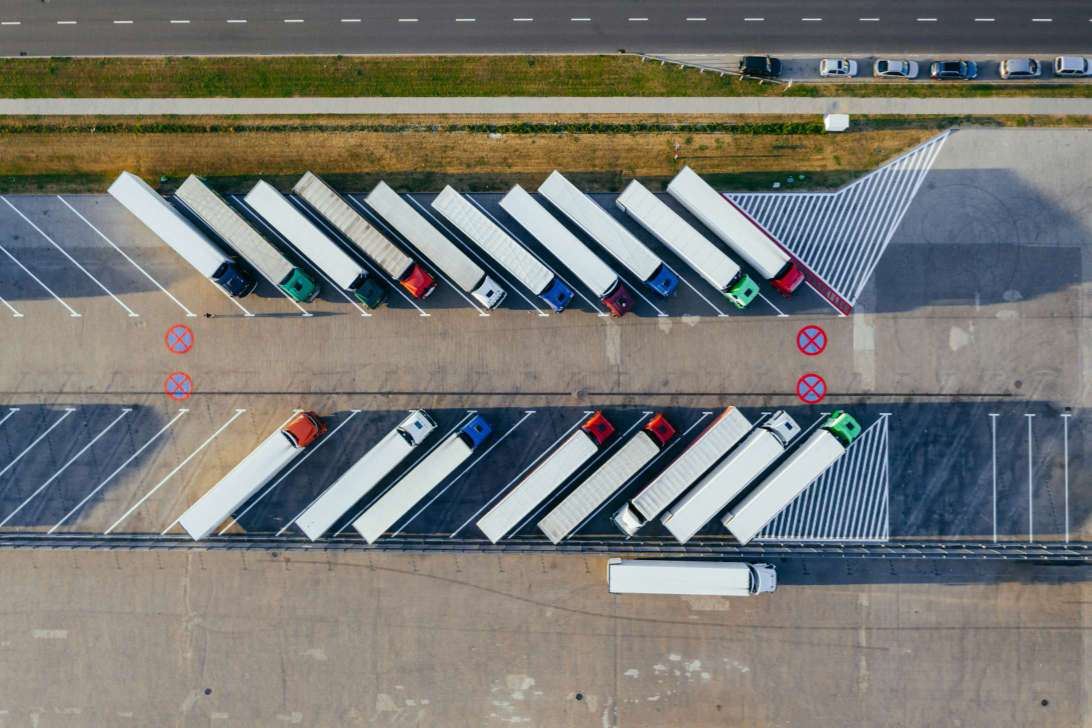Will Blockchain Make Banks Obsolete?
7 min read
04 May 2025
Blockchain technology has sparked debates about its potential to disrupt traditional banking systems.
Decentralization and Trust
Blockchain's decentralized nature challenges the centralized model of traditional banks, offering enhanced security and transparency.

Payments and Transactions
Blockchain enables faster and cheaper cross-border payments and transactions, reducing reliance on traditional banking intermediaries.
Financial Inclusion and Accessibility
Decentralized finance (DeFi) platforms provide access to financial services for underserved populations without traditional banking infrastructure.
Regulatory Challenges
Regulatory compliance and integration with existing financial systems present hurdles for blockchain adoption in banking.
Collaboration vs. Disruption
Some banks explore blockchain for efficiency gains, while others see it as a disruptive force threatening their business models.
Future Scenarios
The future role of banks may evolve as blockchain matures, with potential partnerships and innovations shaping the financial landscape.
Conclusion
While blockchain poses challenges to traditional banking, its impact will likely involve a complex interplay of disruption and collaboration in the financial sector.
More Articles

Holo-Homes: How AR and VR are Redefining Interior Design
6 min read | 25 May 2025

Beyond the Screen: Exploring AR and VR in Everyday Life
7 min read | 24 May 2025

AR for Education: Making Learning Interactive and Fun
4 min read | 23 May 2025

AR Fashion: Trying Before Buying in Augmented Reality
4 min read | 22 May 2025
More Articles

Geospatial Technology: Mapping the Future
6 min read | 24 Apr 2025

Fleet Management: The Secret to Efficient Operations
7 min read | 23 Apr 2025

Logistics Technology: The Innovations You Can't Afford to Ignore
7 min read | 22 Apr 2025

Digital Supply Chain: The Future of Logistics and Distribution
7 min read | 21 Apr 2025
